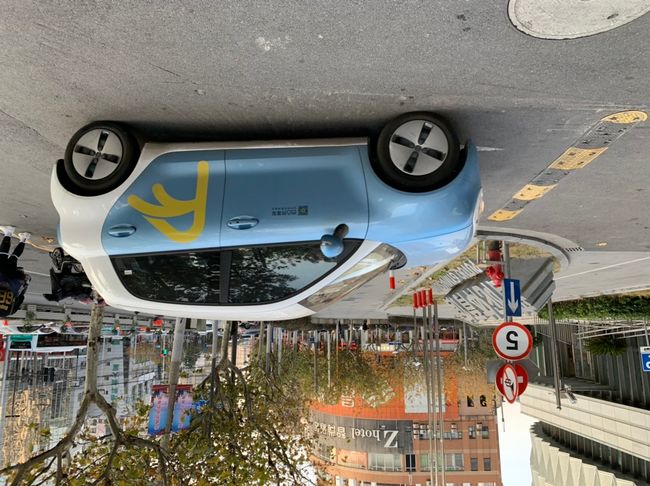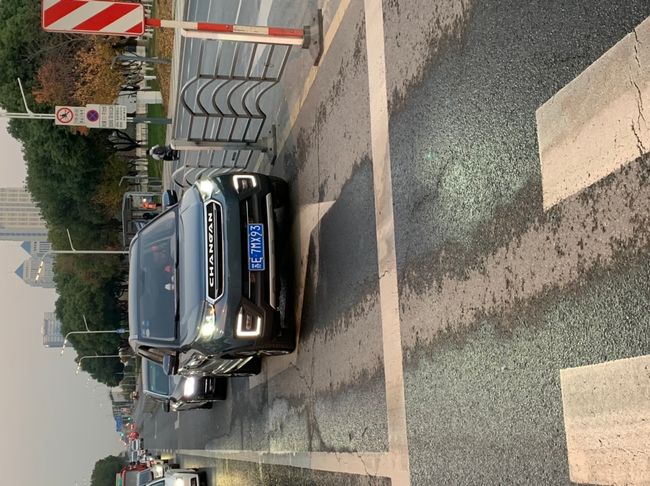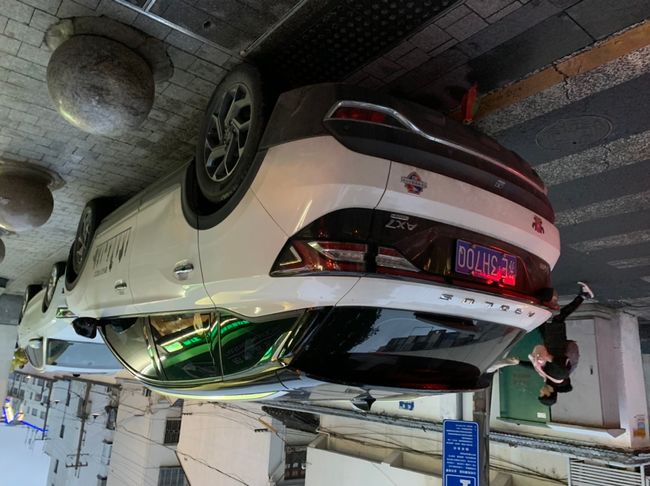Tür 23: Mobility
Lofalitsidwa: 23.12.2019
Lembetsani ku Newsletter
We have already reported on the traffic here on the 16th. However, what was not mentioned is the type of transportation. It appears to us that electric mobility is significantly more advanced here than in Germany.
The subway is the most pleasant way to travel long distances within the city. For 20-50 cents, we can go anywhere in Suzhou. For public buses (all hybrid), 15 cents is enough.
A large part of the population is mobile with e-bikes (e-scooters). These are powered by 15-20Ah lithium batteries, which provide an average range of 50-60km at a top speed of 25 km/h. This is sufficient for a day's travel. In the evening, the scooter is plugged into the socket and recharged overnight via WeChat scan for 40 cents. It is also pleasantly safe because e-bike lanes are often separated from regular traffic by barriers and green strips. We ourselves like to use this, because biking is true freedom!
Another large part of the population commutes to work by company bus. Like Voith, many larger companies operate their own shuttle bus lines to surrounding cities. For example, at Voith, approximately 80% of the workforce uses this service. Two-thirds of the buses at Voith are hybrid-powered. Those who cannot use these buses have their public transportation expenses to the workplace paid for.
Taking a taxi is ridiculously cheap compared to Germany. In the city area, we pay 5€ for a 20-minute ride. The 120km from our apartment to the airport costs 40€.
Among cars, the proportion of electric and hybrid vehicles is significantly greater than in Germany. Interestingly, apart from Tesla, only Chinese brands are electrically powered. There is no sign of electric models from VW, BMW, and co. In general, we have discovered more than 10 completely unknown Chinese car brands. We cannot judge whether these would be approved for the European market, but the ride feels the same. But even here, the SUV trend does not go unnoticed.
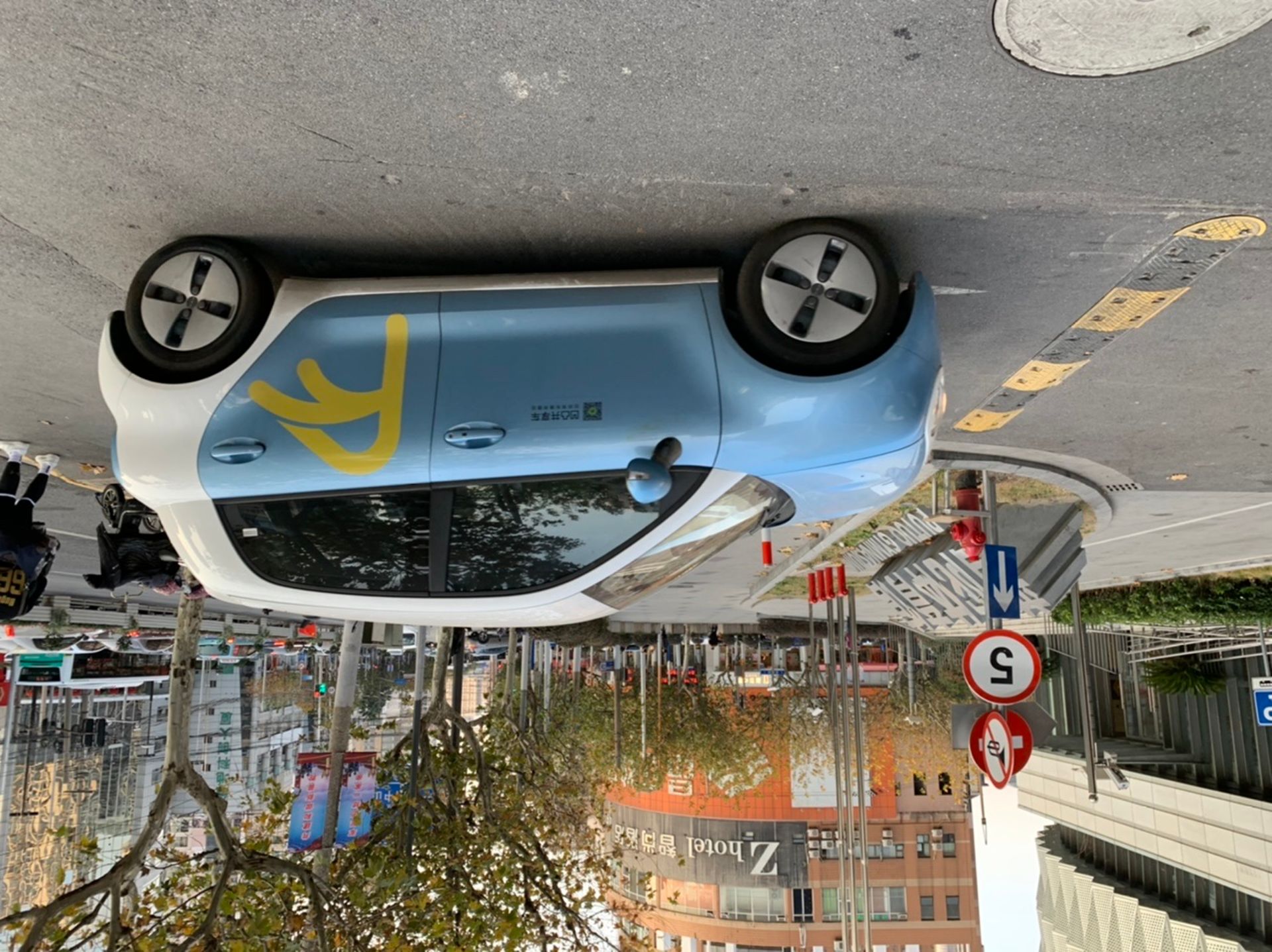

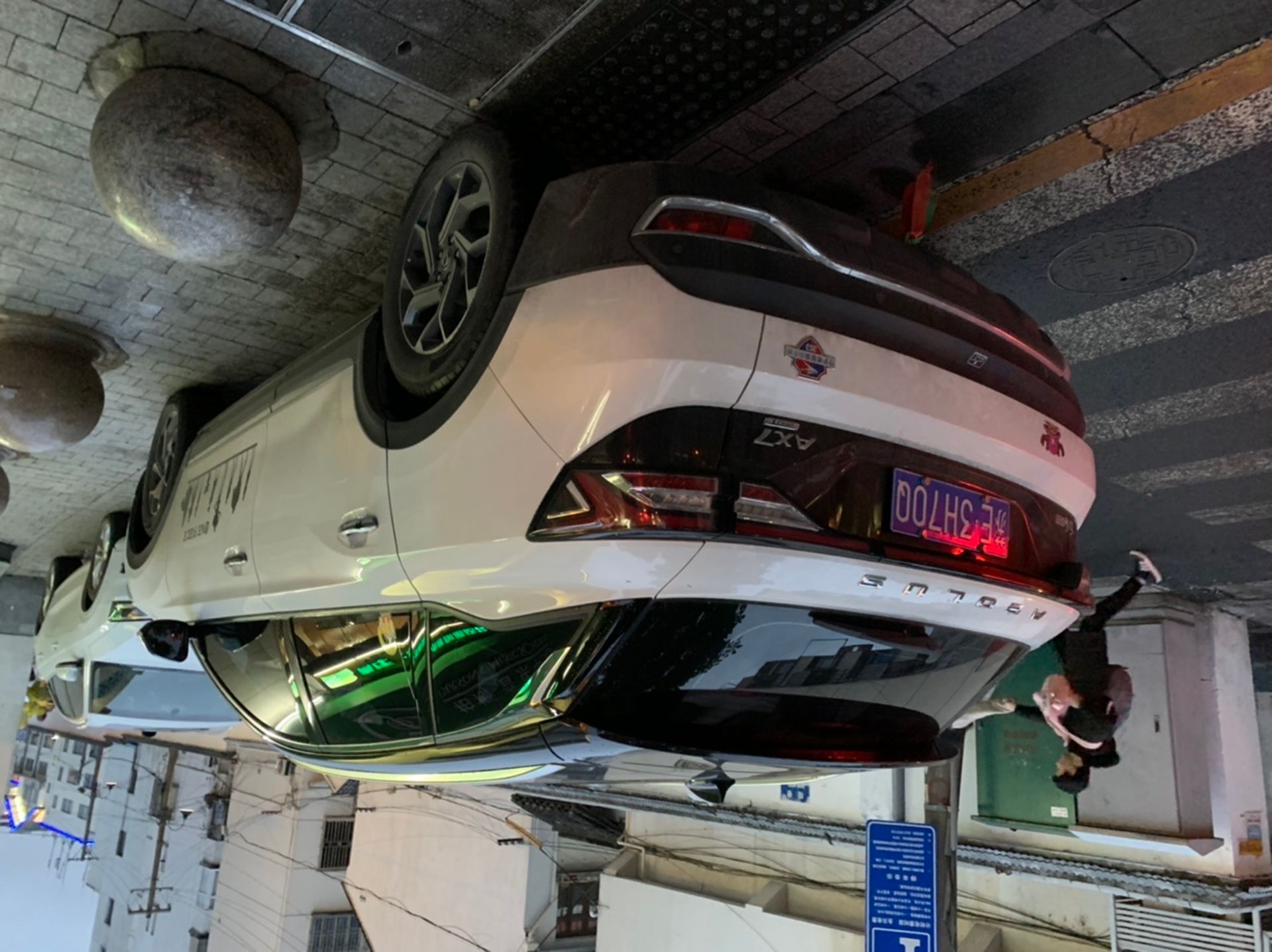
There are several reasons why electric mobility has been particularly promoted here. One main reason, for example, was to improve the catastrophic air quality in urban areas. The air is only comparable to that in Stuttgart or even in Bissingen on a few days, but I don't want to imagine it with hundreds of 2-stroke mopeds per km².
It is now widely known that simply replacing combustion engine vehicles with electric vehicles with lithium batteries is not a long-term solution. However, it offers the opportunity to centralize energy generation in power plants and make it more efficient and cleaner.
Lembetsani ku Newsletter
Yankhani


